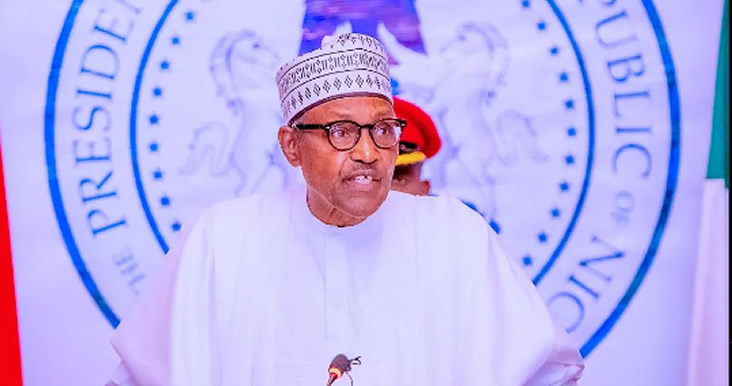The Federal Government will start paying the anticipated minimum wage increase for government servants by the end of this month (April), barring any unforeseen changes.
Any minute now, President Muhammadu Buhari is anticipated to give his final approval for minimum payout.
Read Also: ADAMAWA: Binani Files Suit To Review INEC’s Decision During Election
If the idea is approved, the hike will occur around two months prior to the June withdrawal deadline for the gasoline subsidy.
Government representatives privately revealed to The PUNCH that the new pay hike, called a consequential allowance, would result in a 40% increase in the current pay of public employees.
Olajide Oshundun, the Ministry of Labour and Employment’s director of press and public relations, said that the Federal Government might start paying the 40% pay increase by the end of April this year. He added that the three months’ worth of arrears from January, February, and March would be paid at a later time.
Oshundun, however, stated that he was unable to clarify whether the President had finally approved the proposal made by the government committee assigned with the task.
He said;
Consequential allowance Salaries will be increased by 40 per cent for civil servants from level 1 to level 17.
What we receive now is called consolidated public service salary structure, it is the combination of basic and all allowances. So, the increase will be 40 per cent of what a public servant is earning now.
They will start paying from the end of this month (April) and the arrears of January, February and March will be paid later.
The salary increase is effective from January 2023. That is the proposal submitted by the committee set up to look into salary adjustment for civil servants, but am not sure if the President has signed it yet.
Last month, the Federal Government authorized a salary increase for the nation’s civil officials, according to the Minister of Labor and Employment, Chris Ngige.
He continued by saying that the wage increase had been planned for in the 2023 budget and that it would go into effect on January 1, 2023.
In light of the current economic climate, Ngige defined the wage increase as a special provision for civil servants. It is intended to help government employees fend off the consequences of growing inflation, rising living expenses, and increases in transportation, housing, and power rates.

